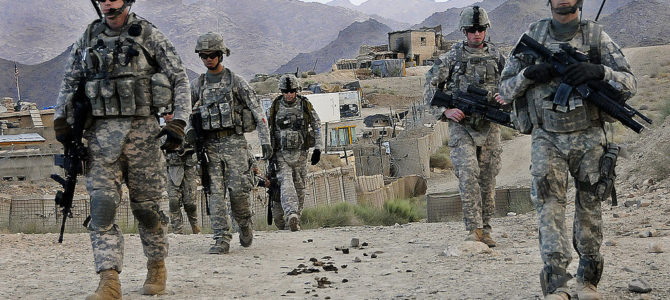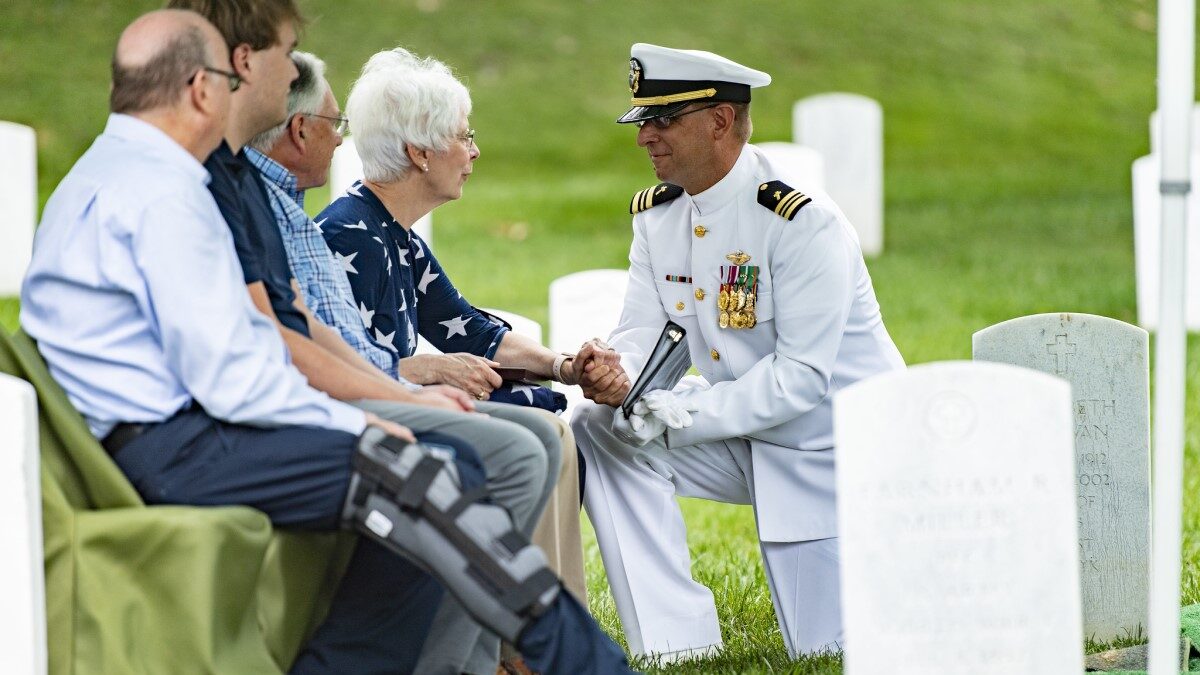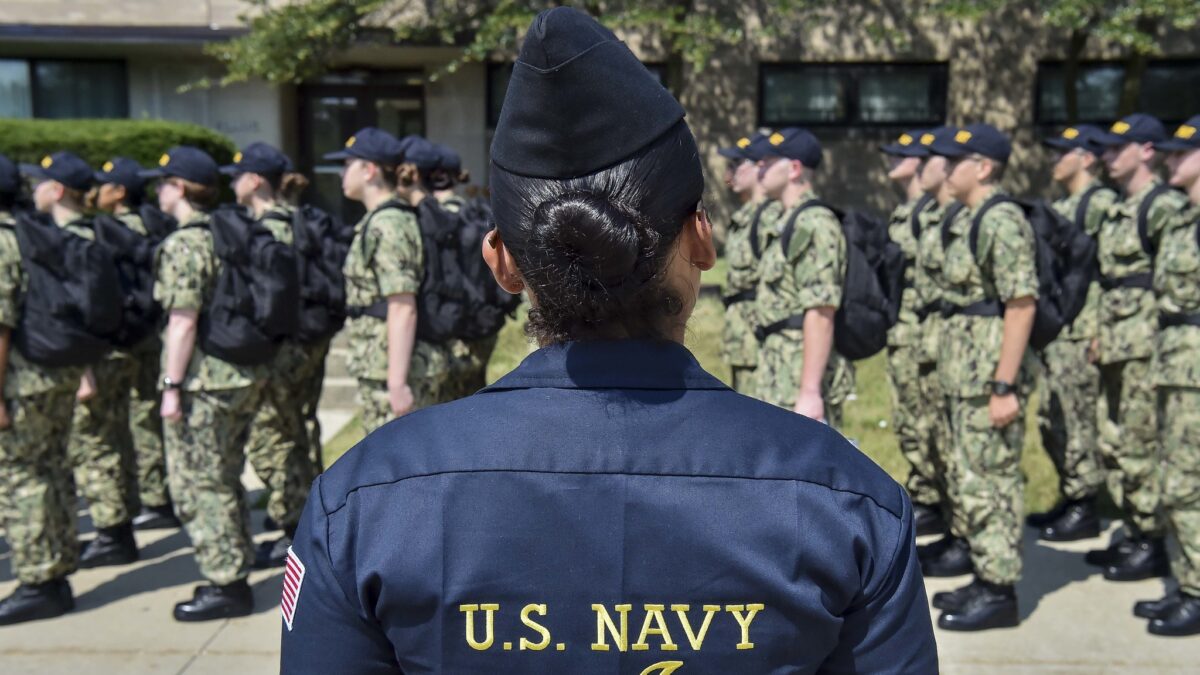
Lance Corporal Jacob Miles Lagoze was deployed to Afghanistan from 2011 to 2012 as a combat camera in the 1st Battalion, 6th Marine Regiment. He was assigned to shoot and edit footage of the combat for media networks, recruitment videos, and other propaganda.
The United States had already been at war in Afghanistan for seven years when he enlisted in 2008. Three years later, along with Marine cameraman Justin Loya, Lagoze had filmed what the Corps wanted. “But then we kept shooting,” he said.
After his service time in the Helmand province, Lagoze took his footage and arranged a 70-minute documentary, “Combat Obscura.” The documentary, released online and in select theaters on March 15, is unlike any footage ever released. The raw and unfiltered collection of videos reveals the troops, not as sanctified American heroes, but as boys calloused to morality and psychologically damaged by the intense paradox of boredom and battle.
The brave who sacrifice their lives for God and country are not angels with guns. Their language is steeped in obscenities, they roll blunts in front of the local national children, they joke at the deceased innocent. “‘Combat Obscura’ is a brutally honest look at the blurred morality of the war in Afghanistan,” J.D. Simkins wrote for the Military Times.
A jarring scene shows a Marine finding an Afghan who had just been shot. “Hey buddy, how are you doing today? Look like you just got f–ked.” He roughly flips the body over. “Just like a deer.” Realizing that the deceased was not a member of the Taliban but most likely a shopkeeper, another Marine says, “This is no good for people to see,” and they plan to hide the body.
Such behavior could have constituted criminal charges for these Marines, but by the time the videos surfaced, the period in which they could have been convicted had passed. It was because of these videos that “Combat Obscura” was never approved for release by the Marine Corps.
The Marine Corps argued that Lagoze could not release the film, claiming that because he used military equipment and was on deployment, the film was government property. When Lagoze submitted his footage for review, however, the videos did not violate security standards, and he was allowed to maintain possession of the footage.
“[Americans] sanctify the military and sort of glorify it,” Lagoze told NowThis. “Combat Obscura” shifts the standard from the military to the troops themselves.
A Real Look At What Goes On in War
Heroism fades in the cloud of smoke hovering over the compound. The boys’ maddening boredom during patrols and downtime in the compound is relieved by ungodly amounts of marijuana supplied by the locals. “Luckily for us, Afghanistan’s a hash farm,” a Marine says in one clip. Afghanistan’s cash crops are opium and hashish. In Lagoze’s words, deployment is basically a long camping trip where you are occasionally shot at, and you smoke weed to pass the time.
During one of these smoking sessions, Lagoze recorded a Marine saying, “You think the Marine Corps are a bunch of perfect people that don’t do anything bad, don’t curse, and they’re just really squared away killers. And then, the Marine Corps is filled up with the most f–ked up individuals I’ve ever met, just like me, you know?”
According to Stars and Stripes, Lagoze said this was the only soldier in the film who requested his identity to be blurred. The others had no qualms about their experience and actions being laid bare to the American public.
In the calm of the dawn, an officer prays: “Whatever the enemy has planned, by the grace of God, they’re not gonna succeed. Father, in the name of Jesus Christ of Nazareth…” Rapid gunshots drown out his voice as the sun rises and the scene bleeds into an intense firefight with the Taliban in the plain below the compound. Rifles fire past Lagoze’s camera, but the bullets sail into the distance, anticlimactic poofs of sand rising from the impact.
BOOM. A Marine beside Lagoze’s camera is shot by sniper fire. Lagoze himself is wounded by shrapnel from a grenade launcher, but that’s “just a booboo,” he says. Lagoze runs with the squad of Marines rushing the wounded to the “bird,” the Medevac.
Almost Home
The enemy is always in the distance. As the film progresses, you begin to wonder what’s the point of chasing the ever-receding horizon. Another firefight, more casualties, more swearing, more marijuana.
“I don’t want any more combat,” Lagoze says, after his shrapnel wound is bandaged.
“How you feeling?” a Marine asks.
“Scared,” Lagoze replies. “Fine now, but when it was happening, I never thought that they’d get that close, hitting us in the compound.”
There is no end in sight—it is a job with no goal except to eradicate the Taliban. But then what?
A Marine is shot in the head during another firefight from the compound. It’s just routine, the blood spilling from the soldier’s head onto the shoulders of the comrades who carry him to the bird.
“Almost home, buddy, almost home.”
The Marines of 1st Battalion, 6th Marine Regiment pulverize romantic perceptions of war. Yet why does human depravity surprise us? During the film the viewer, initially aghast by the Marines’ vulgarity, subconsciously begins adopting their callousness that is necessary to survive the bullets. If callousness is so easily developed from one’s couch, how much more would a Marine’s morality become contaminated while submerged in the Taliban’s threshold?
“Almost home.”
After the soldier is safely aboard the bird, the Marines walk quietly back to the compound. They sit in their comrade’s blood and their own sweat, silent, and smoking.









